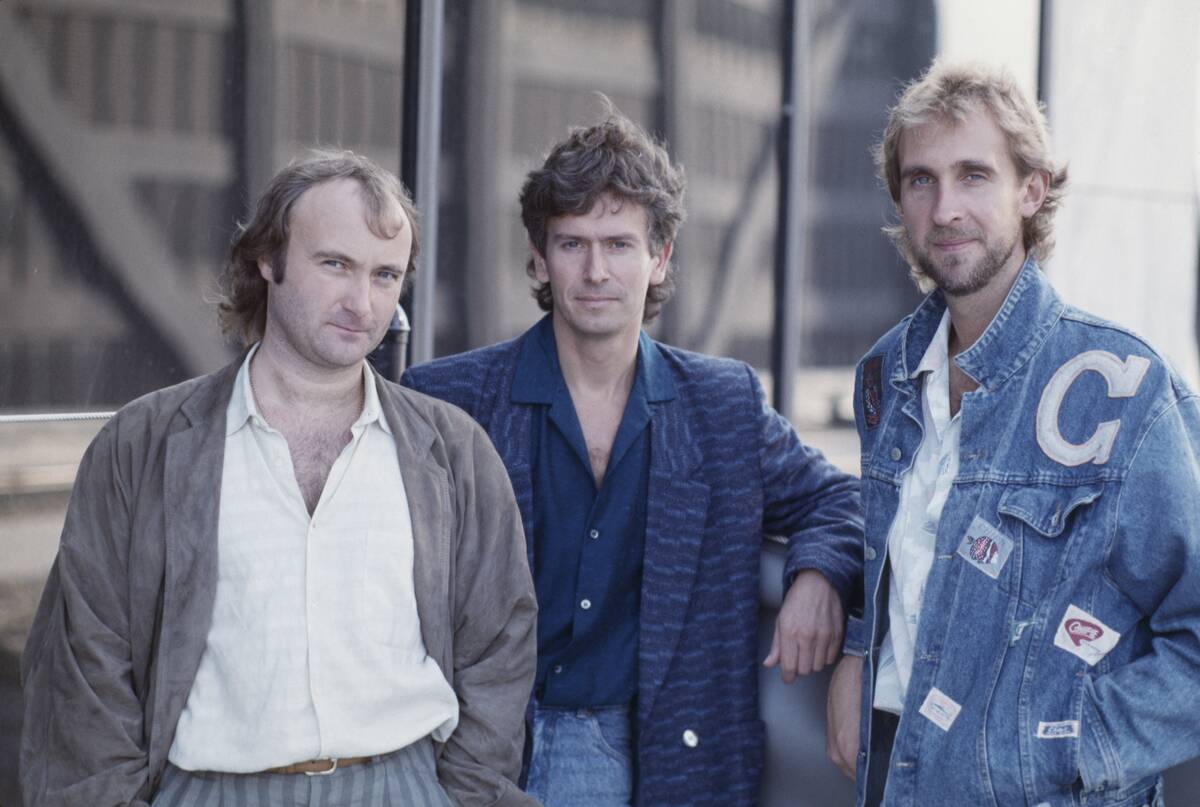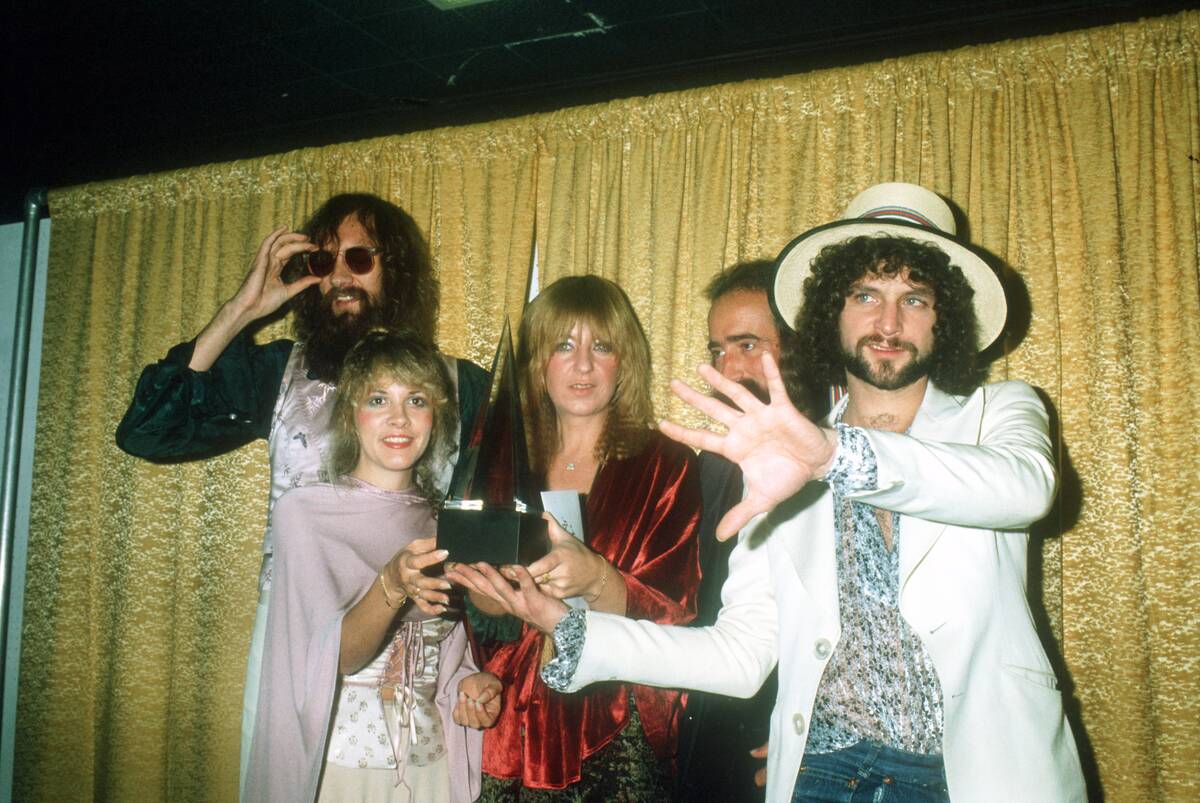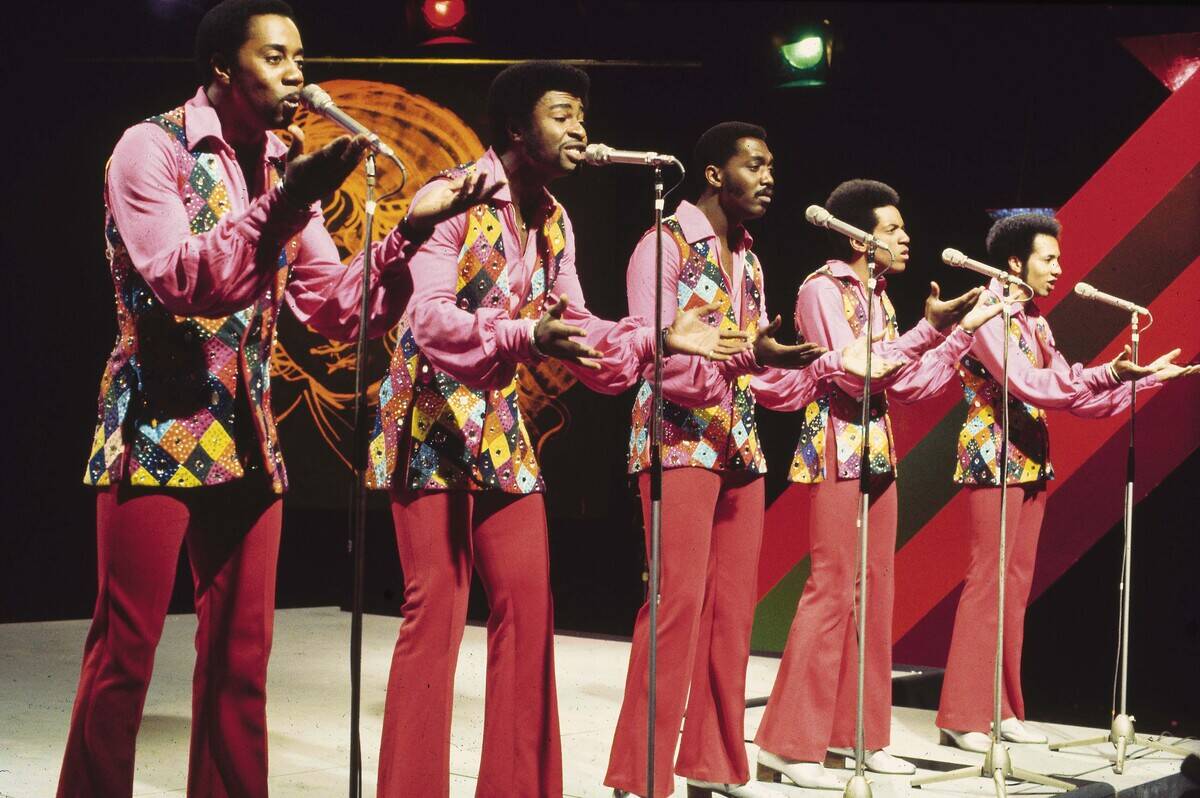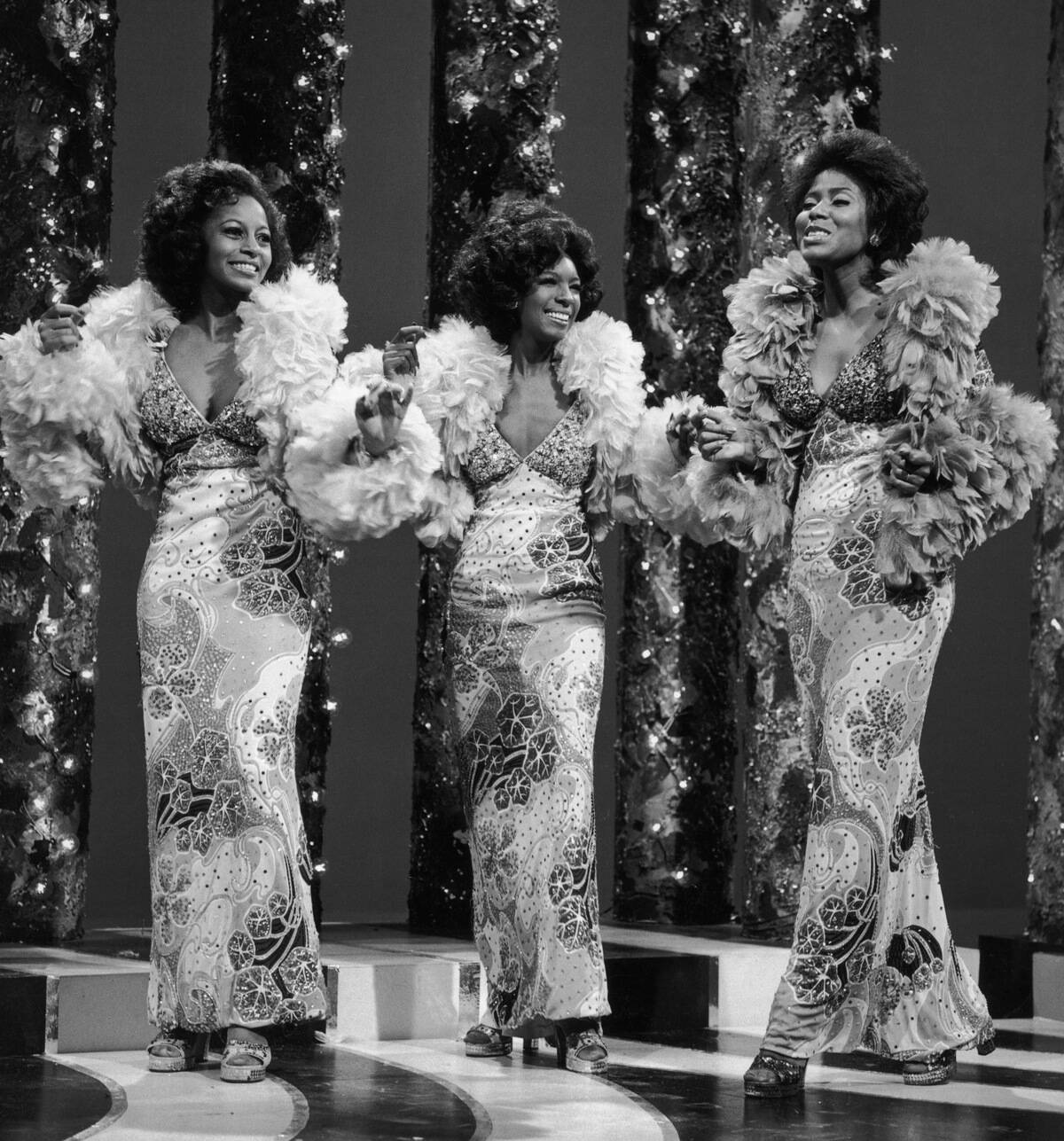Bands that switched singers
In the world of music, bands are often synonymous with their lead singers. The frontman or woman often becomes the face of the group, captivating audiences with their charisma and vocal prowess.
However, the landscape of music is ever-changing, and bands sometimes find themselves in the position of having to replace their iconic vocalists. This evolution can be challenging, as it affects the band’s identity and sound but also presents new opportunities for artistic growth and reinvention.
Van Halen: From David Lee Roth to Sammy Hagar

Van Halen’s transition from David Lee Roth to Sammy Hagar in 1985 is one of the most well-known lead singer changes in rock history. Roth’s departure marked the end of an era characterized by flamboyant performances and a hard rock edge.
With Hagar at the helm, the band embraced a more polished, radio-friendly sound, leading to chart-topping hits like “Why Can’t This Be Love”. Though some fans were divided, Van Halen continued to enjoy commercial success, proving their adaptability.
AC/DC: The Transition from Bon Scott to Brian Johnson

After the tragic death of Bon Scott in 1980, AC/DC faced the daunting task of finding a new lead singer. They chose Brian Johnson, whose powerful voice and distinctive style helped the band not only recover but thrive.
Their first album with Johnson, Back in Black, was a tribute to Scott and became a massive success, selling over 50 million copies worldwide. Johnson’s addition preserved the band’s hard-hitting rock sound and solidified their place as rock legends.
Journey: Steve Perry’s Departure and the Arrival of Arnel Pineda

Journey’s search for a new lead vocalist after Steve Perry’s departure in the late 1990s eventually led them to Arnel Pineda, a Filipino singer discovered on YouTube. Pineda’s voice bore an uncanny resemblance to Perry’s, which helped him win over skeptical fans.
Since joining Journey in 2007, Pineda has brought renewed energy and enthusiasm to the band, allowing them to continue touring and recording new music, much to the delight of fans old and new.
Genesis: Phil Collins Steps Up as Lead Singer

Genesis experienced one of the most successful transitions in rock history when drummer Phil Collins took over as lead singer after Peter Gabriel’s departure in 1975. Collins’ approachable style and pop sensibility helped the band achieve unprecedented commercial success, with hits like “Invisible Touch” and “Land of Confusion”.
This shift from progressive rock to a more mainstream sound expanded their audience, proving that a change in leadership can sometimes open new avenues for a band.
Iron Maiden: The Switch from Paul Di’Anno to Bruce Dickinson

Iron Maiden’s decision to replace Paul Di’Anno with Bruce Dickinson in 1981 marked a significant turning point for the band. Dickinson’s operatic vocal style and charismatic stage presence helped Maiden achieve greater success, propelling them to the forefront of the heavy metal scene.
His debut album with the band, The Number of the Beast, became a landmark in metal history. The change not only revitalized Iron Maiden’s career but also defined their signature sound for decades to come.
Fleetwood Mac: The Many Vocalists of a Legendary Band

Fleetwood Mac’s history is a tapestry of changing vocalists and evolving sounds. Originally a blues band, their lineup shifts brought new dimensions to their music.
The addition of Stevie Nicks and Lindsey Buckingham in the mid-70s transformed them into a pop-rock powerhouse, resulting in the critically acclaimed album Rumours. Despite numerous changes over the years, Fleetwood Mac has consistently adapted, demonstrating that change can lead to enduring success and musical evolution.
Black Sabbath: Ozzy Osbourne and the Ronnie James Dio Era

When Ozzy Osbourne left Black Sabbath in 1979, many wondered if the band could continue without their iconic frontman. Enter Ronnie James Dio, whose powerful and theatrical voice brought a new energy to the group.
With Dio, Black Sabbath released Heaven and Hell, an album that revitalized their career and introduced a new era for the band. Dio’s influence expanded their fanbase and proved that even legendary bands can find new life with a different lead singer.
Alice in Chains: Finding a New Voice with William DuVall

The death of Layne Staley in 2002 left Alice in Chains in limbo, as his unique voice was integral to the band’s identity. In 2006, they recruited William DuVall, whose vocal style complemented Jerry Cantrell’s harmonies.
DuVall’s presence allowed the band to honor their past while creating new music, as evidenced by the success of their album ‘Black Gives Way to Blue’. This successful transition demonstrated the band’s resilience and ability to evolve with a new frontman.
INXS: From Michael Hutchence to JD Fortune and Beyond

Following Michael Hutchence’s untimely death in 1997, INXS embarked on a quest to find a new lead singer. Their journey led them to JD Fortune, who won the role through the reality TV show Rock Star: INXS.
Fortune’s tenure with the band rejuvenated their career, leading to a new album and world tour. Although Fortune’s time with INXS was brief, the band continued to experiment with different singers, showcasing their adaptability and enduring appeal.
Queen: Adam Lambert Takes the Stage After Freddie Mercury

After Freddie Mercury’s passing in 1991, Queen faced the impossible task of finding a vocalist who could honor his legacy. In 2011 (and after a stint with Paul Rodgers from Bad Company), they teamed up with Adam Lambert, whose powerful voice and dynamic stage presence captivated audiences.
Lambert’s collaboration with Queen has been widely praised, as he brings a fresh interpretation to classic hits while respecting Mercury’s legendary artistry. This partnership has allowed Queen to continue performing for adoring fans around the world.
The Temptations: A Legacy of Changing Lead Singers

The Temptations, known for their smooth harmonies and timeless hits, have had multiple lead singers throughout their storied career. Each change brought a unique flavor to the group’s sound, from David Ruffin’s soulful tenor to Dennis Edwards’ powerful voice.
Despite these changes, The Temptations have maintained their iconic Motown sound, proving that talent and adaptability can keep a band relevant across decades. Their legacy is a testament to the enduring power of great music.
The Supremes: Diana Ross and the Changing Line-Up

The Supremes rose to fame in the 1960s, with Diana Ross as their charismatic lead singer. However, the group experienced several lineup changes over the years. Ross’s departure in 1970 marked a significant shift, as the group continued with new members like Jean Terrell and later Scherrie Payne.
While these changes altered the group’s dynamic, The Supremes continued to produce hits, showcasing their versatility and ability to adapt to the ever-evolving music scene.
The Misfits: From Glenn Danzig to Michale Graves

The Misfits, pioneers of horror punk, experienced a significant change when Glenn Danzig left the band in 1983. Michale Graves stepped in as the new frontman in 1995, bringing a different vocal style that refreshed the band’s sound.
Graves’ era produced notable albums like ‘American Psycho’ and ‘Famous Monsters’, which introduced the Misfits to a new generation of fans. Despite lineup changes, the Misfits have maintained their cult status, highlighting their resilience and enduring appeal.



